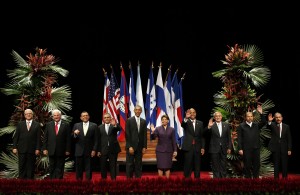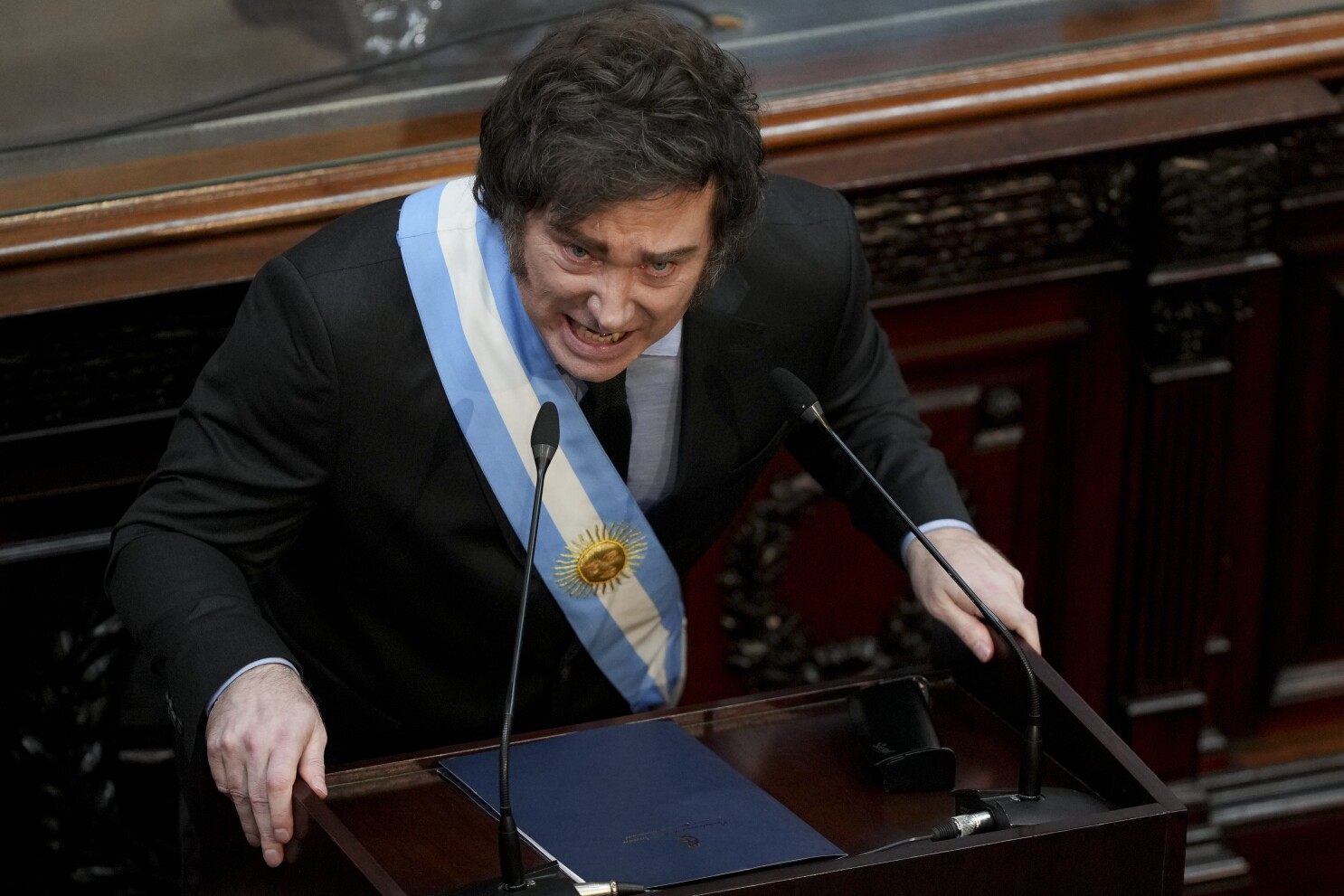 Note: The following letter was signed by more than 160 civil society organizations from the United States, Mexico and Central America and presented to the presidents on the eve of the summit of the heads of state in San Jose, Costa Rica May 3, 2013.
Note: The following letter was signed by more than 160 civil society organizations from the United States, Mexico and Central America and presented to the presidents on the eve of the summit of the heads of state in San Jose, Costa Rica May 3, 2013.
Dear Honorable:
President Barack Obama, President Enrique Peña Nieto, President Laura Chinchilla, President Otto Pérez Molina, President Porfirio Lobo, President Mauricio Funes, President Daniel Ortega, President Ricardo Martinelli, Attorney General & Minister of Foreign Affairs Wilfred Elrington
Most importantly, the region’s challenges must be addressed without violating fundamental rights and human dignity.We offer further analysis and recommendations of the key issues that require urgent attention:
1. Militarization of the drug war has caused increased violence and has failed to provide citizen security.Human rights abuses against our families and communities are, in many cases, directly attributable to failed and counterproductive security policies that have militarized our societies in the name of the “war on drugs.” The deployment of our countries’ armed forces to combat organized crime and drug-trafficking, and the increasing militarization of police units, endanger already weak civilian institutions and leads to increased human rights violations.
* In Mexico, drug-related violence and the militarized response has killed an estimated 80,000 men, women, and children in the past six years. More than 26,000 have been disappeared, and countless numbers have been wounded and traumatized. With little civilian control over security forces, massive deployments across the country have contributed to increases in forced disappearances, extrajudicial killings, torture and attacks on human rights defenders. Meanwhile, prohibited narcotics continue to flow into the U.S. market virtually unabated
* In Guatemala, rates of violence are dangerously reaching levels only seen during the internal armed conflict, and rampant impunity for these crimes continues. As the nation only begins to address past atrocities committed by the armed forces against the civilian population, controversial “security” policies have placed the military back onto the streets. This has placed the peace process in jeopardy, and with it, the fragile democracy built on the 1996 Peace Accords. The Guatemalan army ́s massacre of six indigenous protesters in October 2012 is tragic evidence of these misguided policies
* Perhaps the starkest example of a breakdown of democratic institutions today is Honduras. Since the coup d’état that forced the elected president into exile in 2009, the rule of law has disintegrated while violence and impunity have soared. We are witnessing a resurgence of death squad tactics with targeted killings of land rights advocates, journalists, LGBT activists, lawyers, women’s rights advocates, political activists and the Garifunas community. Both military and police are allegedly involved in abuses and killings but are almost never brought to justice
* Even Costa Rica, which has no army and a constitutional mandate for peace, finds itself drawn into a mounting military effort to confront drug trafficking that compromises its independence and tranquility
* The U.S. government’s domestic and regional policies that promote militarization to address organized crime directly affect the human rights situation in Mesoamerica, resulting in a dramatic surge in violent crime, often reportedly perpetrated by security forces themselves. The narrow focus of these policies have proven ineffective in addressing other, often related human security issues, such as sex and labor trafficking and femicides, which have increased at an alarming rate throughout the region. Meanwhile, the lack of effective gun control in the U.S. has led to the massive and nearly unrestricted transfer of arms to criminal networks throughout the region.
2. The imposition of large-scale extractive projects on marginalized communities does not constitute “development.” The violence we face today has its roots in the poverty, injustice and inequality of our societies. National and bilateral investment policies enshrined in Free Trade Agreements exacerbate these problems. Large-scale “development” projects are imposed on the region’s most vulnerable populations with little or no regard for their lives or livelihoods. This results in forced displacement, especially of indigenous, peasant, and Afro-descendant communities; bloody conflicts over resources; environmental destruction and impoverishment. Governments and businesses routinely violate communities’ right to consultation. Communities across the region that oppose large-scale transnational projects have suffered repression at the hands of government security forces, and we have documented systemic patterns of threats, criminalization, and attacks against land rights activists.
3. Violations of migrant rights continue while policies disregard the root causes of migration.The harmful consequences of U.S. regional security policies such as the “war on drugs” and the imposition of mega-development projects have displaced hundreds of thousands of people from their land and communities and limited local economic opportunity. Many are left with few options other than to migrate to the United States in search of safety and economic opportunity. Meanwhile, the United States has criminalized and detained immigrants in ever-greater numbers within its own borders. Any humane and sensible immigration reform must consider the impact of policies that force persons to migrate
To meet these regional challenges, we must first and foremost make the protection of fundamental human rights–economic and social, civil and political–a focal point of this gathering and future regional dialogues. We ask our governments to:
a. Propose a new model for security cooperation that provides alternatives to the ongoing war on drugs, such as regulation rather than prohibition, strong regional anti-money laundering efforts, and withdrawal of the armed forces from domestic law enforcement. We call on the U.S. government to end military aid and instead channel scarce public resources into domestic efforts to block transnational crime.
b. Recognize and protect human rights defenders, with specific attention to the contributions of women, indigenous and Afro descendant defenders, and acknowledgement of the risks they face.
c. Promote development through democratic dialogue, not repression, with respect for human and environmental rights, and with prior consultation of affected communities as mandated in ILO Convention 169.
d. Address the root causes of migration and stop the criminalization and deportation of migrants; investigate and prosecute crimes against migrants as they travel through Mexico, as well as human rights violations at the border and within the United States.
e. Take executive action in the United States to stop the flow of assault weapons and other firearms across the U.S.-Mexico border.
We hope to see these concerns reflected in your discussions and agreements and in ongoing bilateral conversations about security, investment, development, and immigration reform.
Organizations Signed:
International & US-Based
Alianza de Organizaciones Guatemaltecas de Houston (ADOGUAH)



